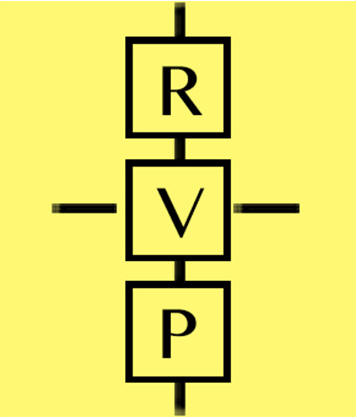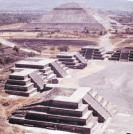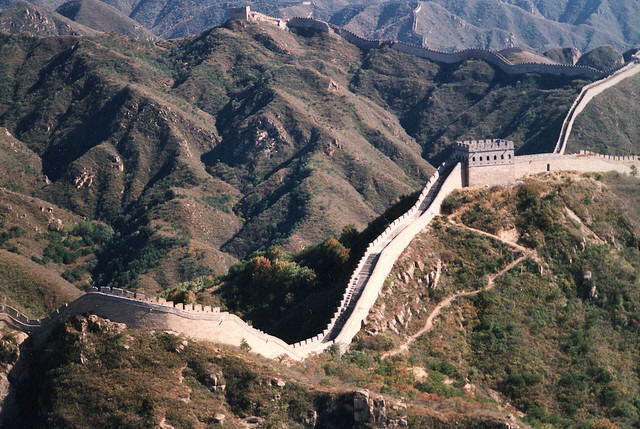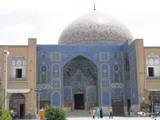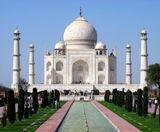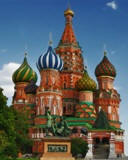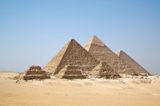|
Online Conference
Challenges and Opportunities of Nation-Building for
Latin-Americas in the XXI Century and Beyond:
Philosophical and Theological Perspectives
Monday-Tuesday September 26-27, 2022
Universidade Estadual de Goiás,
Brazil
Prepa Ibero &
Universidad
Iberoamericana, Mexico
Conference Program
Thematic Description
What are major challenges for Latin America today?
Thinkers from the region have provided deep
philosophical reflections and analyses on issues which
are important for the continent in contemporary times
and have suggested various solutions. For instance,
Carlos Alberto Siri, a Salvadorian scholar, and Bolivar
Echevarria, an Ecuadorian-born-nationalized Mexican
philosopher, have written about Baroque contemporary
societies as an alternative to modernity. In terms of
Mexico, it has a very particular political history
because it is one of the few Latin American countries
that did not suffer from military dictatorship. Social
democracy especially defined by Robert Curley can be
considered an alternative to political systems, however
such a political concept still needs more study.
In many aspects, all major problems, such as the lack of
rule of law, internal conflicts, sovereignty of natural
resources, etc., are connected with systematic
corruption, which has been a great challenge in all
Latin American countries, in fact, in the entire world.
Specifically, corruption is not only an endemic/pandemic
problem but also a discursive weapon against popular
governments in different levels. Thus the rise of
extreme right in the case of Cuba, Venezuela, etc., is a
good example. People may ask: what are the causes of
corruption? Is it due to the tradition, the
socio-political system, the human nature? Or all of
them?
Latin America needs a profound process of deepening the
national-historical consciousness. This process is not
based on nationalism but on cultural traditions and
values developed through generations. Till today many
people in the region still do not recognize themselves
as Latin Americans because of the colonial past which
has created a barrier that limits the access to the
appreciation of our own culture and neighboring people.
In this sense, we are isolating each other among
ourselves and weakening our own cultural identities as
Latin Americans. For instance, in Brazil, we are more
aware of our African roots than the Latin American
heritage both in music and in religion.
Miguel Angel Centeno and Andrés Lajous in their article “Challenges for
Latin America in the 21st Century” point out Latin
American countries do not have sufficient “conditions”
for nation-building. What are conditions needed for
Latin America to develop the nation-state? Can we look
for such conditions from different indigenous traditions
or a mix of past heritages? What are “useful” resources
for generating such conditions? What is the “alternative
modernity” that fits in our own land? What are the
negative side-effects of just borrowing others’ models
for our own use? What are positive elements that are
compatible or needed for developing our own way of
governance? What kind of the political system that works
for or fits in our own cultural tradition and people?
Contact
Robson Gomes Filho
Universidade Estadual de Goiás
robson.gomes.filho@gmail.com
Yves
Solis & Jonathan
Arturo
Universidad Iberoamericana
yves.solis@prepaibero.mx
jonathan.camargo@prepaibero.mx
|
(all the materials on this website are copyrighted © by
the council for research in values and philosophy)
|

